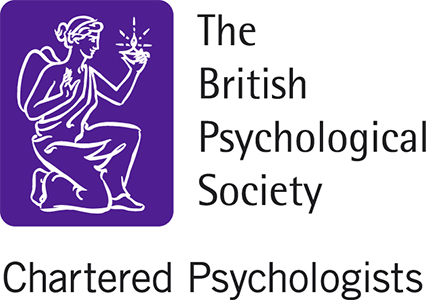Personal Therapy for Therapists, Psychologists, Counsellors and trainees
Are you training or working in the helping professions looking for personal therapy?
- If you are currently working in the helping professions, including offering some type of psychological talking therapy to patients or clients, and want to have your own personal therapy either for your self and/or to improve your practice, do read on.
- If you’re on a training course that requires you to complete your own personal therapy experience, such experiential learning for self-knowledge is invaluable.
- If you are struggling with carer responsibilities or your own mental health, do read on.
Do counselling and therapy courses expect you to have your own therapy?
- All types of counselling or psychological therapy intervention courses should recommend trainees have their own personal therapy experience both for personal and professional growth.
How can having your own therapy help you as a counsellor or therapist?
- At any stage of your counselling therapist journey, if you’re interested in improving the service you offer for your clients, then this can be achieved through an increased understanding of yourself.
- Reflect on how you relate to others generally and what you carry into your everyday professional and personal life from the past.
- Having more self-knowledge, about how you relate to people and any “emotional buttons” from your past, can help people in all walks of life, including those working with people; those in a customer facing role.
What are the benefits from having your own Personal Therapy or Personal Reformulation?
Improved awareness and understanding of yourself and how you operate can help you improve your relationships with clients, in your personal life and at work with colleagues.
Research from as far back as the mid-1990s show that many psychologists seek therapy and find it helpful.
A good therapist is aware of their own “blind spots” (your own emotional relational buttons) to understand what particular Reciprocals Roles may be on your CAT map (so you can see when you are invited to unhelpfully reciprocate with others).
A research study (2025) on methods Clinical Psychologists use for their own wellbeing “included developing and maintaining self-awareness, connectedness with others, and taking proactive steps to improve self-care.” (A systematic review of factors contributing to clinical psychologists’ self-care and well-being within the United Kingdom.)
What is a Formulation in Psychology?
A Formulation in Psychology is a way of understanding, that a Clinical Psychologist proposes for the likely major causal factors for a person’s difficulties and what keeps a person’s difficulties going (i.e., why its hard to change your psychological problems).
What is a Reformulation, in Cognitive Analytic Therapy (CAT)?
A Reformulation, in Psychology or CAT (Cognitive Analytic Therapy) is a re-looking, a joint understanding between Psychologist and client of your psychological problems including how you treat yourself, your patterns of relating with others as well as long-held coping patterns.
What is a one-off extended personal CAT Reformulation?
Having an extended one-off appointment (e.g., 50, 60 or 120 minutes including a break) with a Clinical Psychologist trained in Cognitive Analytic Therapy (CAT) to help you reach a Reformulation has been found by many to be beneficial.
We tailor what we offer to your request.
Please note, there is a specific format (duration) for those on ACAT accredited courses.
Do consider a one-off extended meeting with a CAT trained Clinical Psychologist to enable you to come away with a better understanding, a Reformulation map to guide you in your everyday life and to increase further understanding into your everyday coping patterns and where they might have some from.
There will also be opportunity to book a follow up review appointment after your extended appointment.
The therapist will discuss with you about how to make the process as manageable as it can be for you, given that it will not be a course of regular therapy. If you are not sure if this is the way forward for you, do get in touch to discuss.
Sometimes it’s not necessary to have a whole course of personal therapy or you may not be in a position to be able to afford it financially.
Are you seeking a course of Personal Therapy for psychologists (trainees and qualified)?
We have experience of providing a discreet course of therapy to those in the helping professions, including psychologists and counsellors.
Do get in touch to find out more or to check availability now.
See under our About Us page.
For Cat Reformulations:
Those with experience of working with trainees and qualified psychologists:
Many trainee Clinical Psychologists have Lived Mental Health Experience. They may struggle with their own mental health and or are a carer for someone with mental health difficulties; 301 UK-based trainees filled in an online survey. “Results found 39.9% identified as a mental health carer at some point in life (current for 21.2%; historical for 32.8%) with 38.5% acquiring mental health carer responsibilities before training, and 6.6% since training commenced. Additionally, 44.9% and 45.2% respectively reported experiencing a diagnosed or undiagnosed mental health problem at some point in life (current for 55.8%; historical for 63.6%). Moreover, 86.4% reported a mental health problem prior to training, and 11.2% since training started.“

Author
Dr Jurai Darongkamas
Jurai is a Consultant Clinical Psychologist who worked in Mental Health in the National Health Service (NHS), 1986 – 2019.
She now works part time alongside select colleagues offering high quality Psychological Therapies privately.
She is an Associate Fellow of the British Psychological Society (AFBPsS), an experienced trainer and supervisor; previously Lead in an NHS Trust for people with complex difficulties and Board Trustee.





